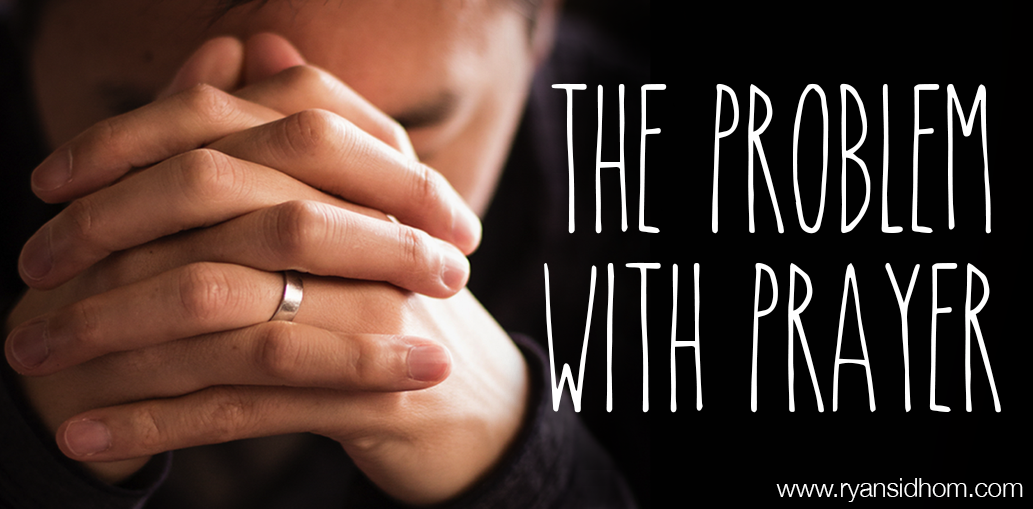In fact, my favorite films of the past year have all spoken to me because deep down, my spirit resounded with the people I shared two hours with on screen. I relate to the deep need of the titular character of Inside Llewyn Davis to make meaning of his life in the wake of tragedy. I relate to the craving for intimacy felt by Joaquin Phoenix's Theodore in Her. On a dark note, I felt the frustration and anger of Cate Blanchett's Jasmine in Blue Jasmine. Heck, I even related to Emmett in The Lego Movie.
Let's face it, we all love a movie that we can relate to. Isn't that why Spider-man is considered a more "relatable" hero than Iron Man? There's an element of real world struggle inherent in the Peter Parker plight that just isn't there for Tony Stark.
(For the handful of billionaire inventor playboys who loved The Iron Man trilogy- I apologize.)
In a fantastical world such as that seen in Marvel or DC films, or in Peter Jackson's Middle-Earth, this relatability helps to ground us in a world that is otherwise completely unbelievable. Finding myself relating to Frodo or Sam in The Lord of the Rings gives gravitas to the plot, putting real stakes into the story to create a reason to watch to the end. Relating to these types of characters helps the audience to actually care what happens to them.
And this is a good thing.
(Well done, screenplay scribes!)
What do you do, though, when you find yourself relating to those whom you are not intended to? How do you deal with relating to the misfits, the tortured souls, the lonely, the searching, the insecure, the jacked up?
While fictitious in nature, most real-world films are completely plausible in one way or another. If it hasn't happened to you yet, just wait.
In a movie with emotional depth, I find it dangerous (almost) to identify too deeply with the characters presented on screen, lest I allow it to painfully expose all of my own flaws - those both real and those projected - onto myself.
When I viewed Inside Llewyn Davis, I wasn't merely sharing in the experience. For two hours I felt I was Llewyn Davis. It was I, and not a mere character who had lost his way. I felt in a raw way that I knew exactly what his character was experiencing (and to a degree I have).
When I saw Her, I was the man who desired above all else to be close to someone. I found my own solitude shoved into my face, an almost painful truth to confront. Yet it is only a film.
Even in Woody Allen's Blue Jasmine, I found a way to extract my flaws from the deepest parts of my insecurity, and fling them on screen for the entire theater to examine.
A good movie can be a bad thing when you don't know how to filter your emotions.
And then I realized the gift.
Rather than analyze my flaws and insecurities to an unhealthy level of obsession, what if I analyzed what this emotional connection said about me as a human? What if instead of showing what an insecure person I am, this relation issue is actually pointing out my strengths?
I am a people person. I care deeply for those around me, especially those whom I share life with. I care about their struggles, their emotions, their passions, their careers, their loves, their pain, their lives.
When I connect then to Llewyn, or Theodore, or Jasmine, I am actually desiring to help share the load. To share the burden is to be blessed indeed. In my previous posts I have discussed the necessity of sharing life to experience God, and the immense blessing of getting to share in others' sorrows. I believe that connecting to film characters is merely a way in which God is allowing my view of him, and my view of self to permeate other areas of my life.
Sharing life spiritually isn't merely a Sunday thing. It is a day by day living out.
I don't mean to brag by this post, I certainly don't have it all figured out. But I want to share the experience as I do learn and grow. I truly and deeply hope you are encouraged somehow by my writings.



